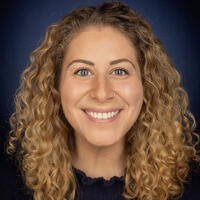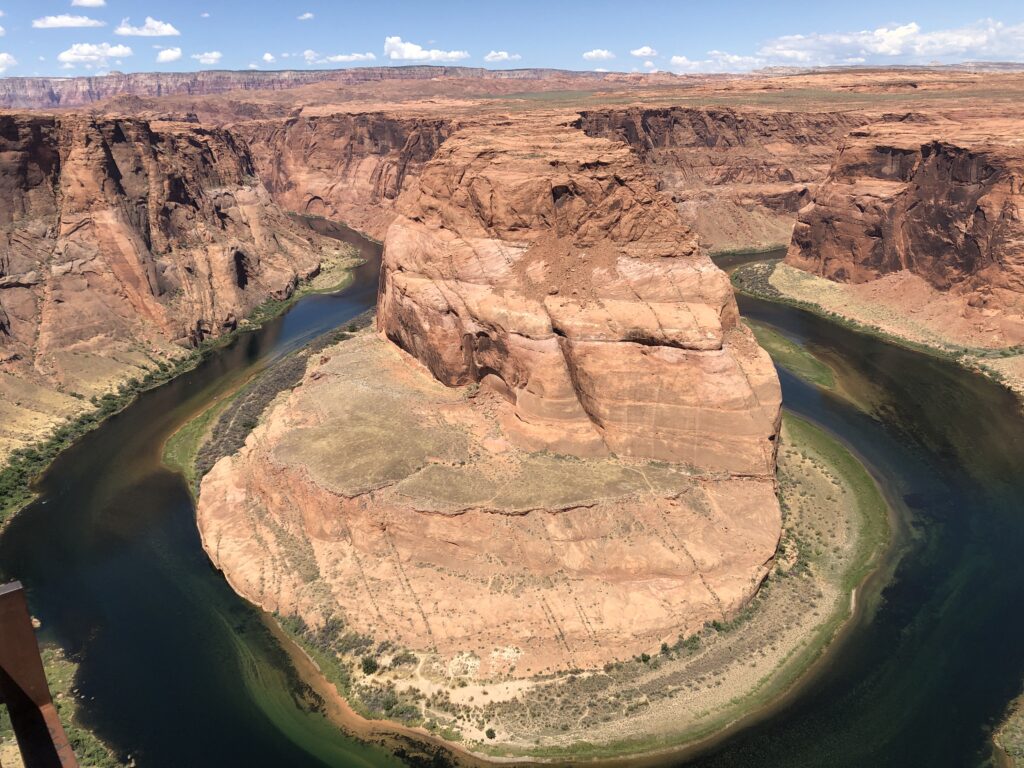“That It’s Not Just Dollars and Cents” and Other Lessons I’ve Learned from Philanthropy
October 10, 2019
When I first started working in the nonprofit field, I was intrigued by the concept of grantmaking. I was amazed that philanthropic groups could afford large sums of money to nonprofits, in order for those organizations to carry out their programmatic efforts. From this vantage point, it seemed to me that foundations played an incredibly significant role in both enabling and guiding the nonprofit sector toward positive environmental outcomes.
I ultimately decided to pursue a graduate degree in order to explore the themes of environmental decision-making and organizational leadership more in depth, particularly in regard to environmental philanthropy. The courses that were of greatest interest to me while I was in school at the University of Michigan School for Environment and Sustainability centered around collaboration; and I really enjoyed learning about the specific processes by which different groups work together on issues of common interest, often in pursuit of solving social, economic, and environmental problems. I was challenged to widen my understanding of what it means and requires to bring about environmental change, particularly in terms of who needs to be involved and how. Along with this enhanced perspective, I also began to see environmental philanthropy in a new light. I started thinking less about the financial resources that foundations provide to the environmental groups they fund, and more about the capacity that philanthropy creates for nonprofits with different missions to come together in support of collective, greater goals.
I was originally drawn to the Environmental Fellow position with the Walton Family Foundation’s Colorado River Initiative because I was excited by the opportunity to work with a foundation supporting conservation in the American West. Through my time with the Foundation this summer, however, I have learned an extraordinary amount about the power of collaboration, and the role that philanthropy can play in facilitating that process.
In my first conversation with one of the Colorado River Initiative Program Officers, I asked him how he and his colleagues know which nonprofit groups to work with on different strategies. This Program Officer told me that each grantee brings something different to the table, and that a major part of successful grantmaking is knowing who does what really well, in order to devise a strategic plan that plays to the strengths of each individual organization. By leveraging the expertise of each of its grantees, the Foundation can facilitate trust, teamwork, and cooperation among groups that might not otherwise be able to work with one another. For an environmental issue as technically, politically, and legally implicating as western water conservation, this modus operandi is essential for the Foundation’s ability to bring collaboration, efficiency, and effectiveness into the Colorado River Basin. The Foundation’s role in helping to champion the historic Drought Contingency Plan – which was signed by leaders of the seven Basin states just eight days before I started my fellowship – is a true testament to this idea.
I often say that the most significant outcome of my going to graduate school was that I learned more about my own interests, especially in terms of how they relate to one another and how I can communicate them. Through my coursework and extracurricular commitments at U-M – including my time as an Environmental Fellow with the Walton Family Foundation – I now know that my own strengths lie in both understanding the potential to expand and diversify the voices the western conservation, and facilitating the collaborative processes necessary to do that successfully. I am looking forward to bringing this expertise into an organization where it can be strategically implemented, and I hope to one day return to philanthropy. Going forward – in whichever sector I find myself – I plan to continue to look beyond the specific dollar amount of any grant that my work is a part of, in order to see the true value of the relationships it is inherently building.
About Karen Goldburg, MS

